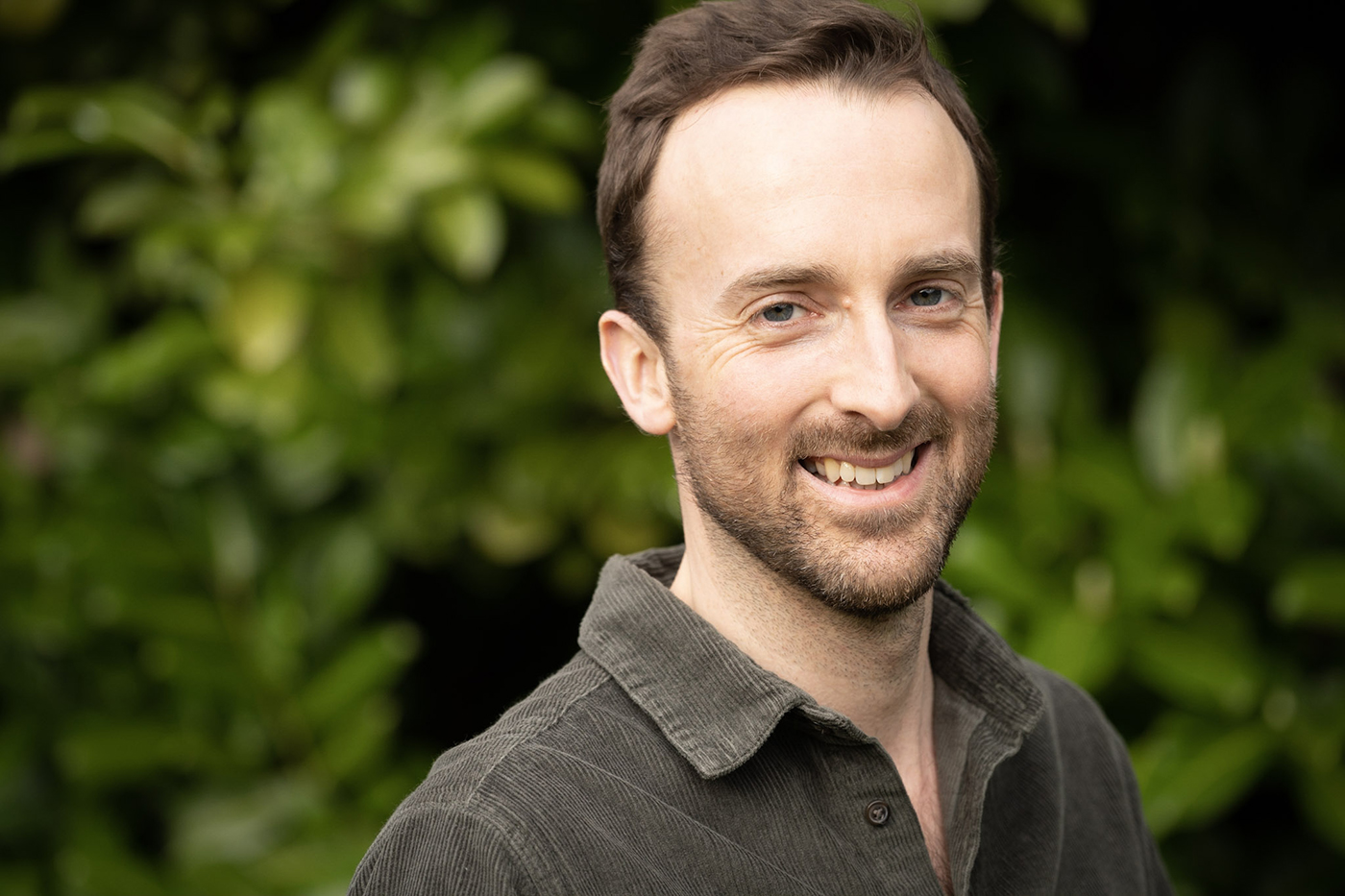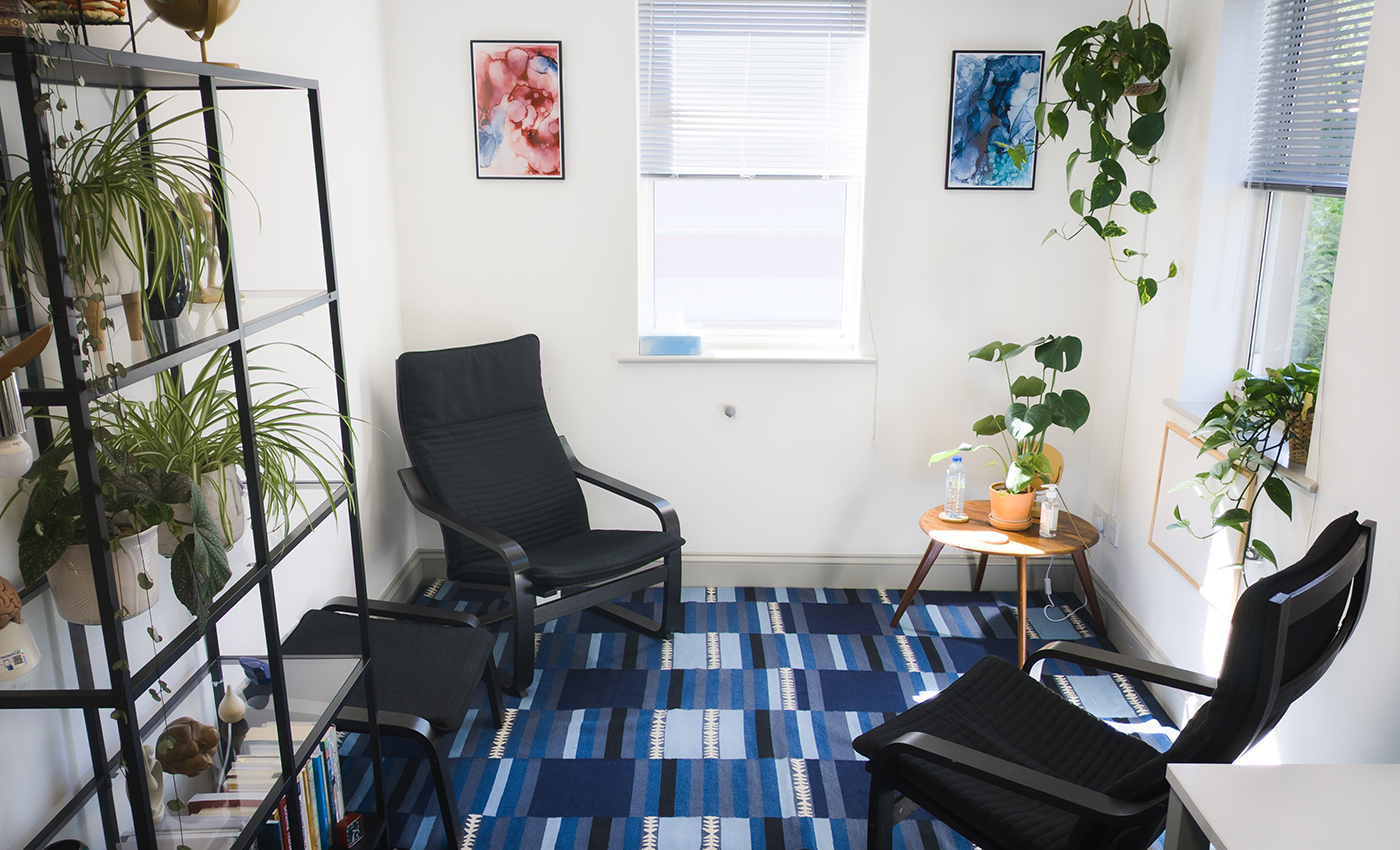
Nestled within the serene locale of Lonsdale Gate Business Centre in Tunbridge Wells, Dr Russell Woodhead, a seasoned teen therapist, offers his unique insights into the world of adolescent mental health. With over a decade working with children and young people, Dr Woodhead sheds light on his therapeutic approach, his rapport-building strategies and the challenges faced by today’s teenagers.
Q: Can you tell us about your background and experience as a teen therapist?
A: I’ve been working with teenagers for about 13 years, as a private tutor before I became a psychologist. I think teenagers are brilliant – they see everything with fresh eyes and are undertaking these incredibly important tasks of finding out who they are and how to be independent in the world. All of their emotions are supercharged and they can change so much from one week to the next. I was placed in an NHS CAMHS team for six months during my doctoral training and also at a young offenders institution. After I qualified, I worked in a high-risk team for adolescents, then an inpatient hospital. I chose to leave the NHS this year as I felt that I was able to see more young people and work for longer periods with them in independent practice, but I still work closely with NHS services and social care where this is needed.
Q: What is your therapeutic approach when working with teenagers?
A: I am trained in a variety of therapeutic approaches, including cognitive behavioural therapy (CBT) and others that are recommended by national guidelines for the treatment of common mental health problems. These guidelines are based on what works for many people, not all, and the benefit of being a clinical psychologist is that I can develop an approach specific to the young person I’m working with based on evidence, theory and my clinical experience. My passion is for understanding how our early experiences, especially those in relationships, shape our view of the world and how this is reflected at the level of the brain (this is often called attachment science or interpersonal neurobiology). Any therapy is a remarkable process where we reshape our brain (and therefore mind) by directing the flow of energy and information through it in new ways. Usually I integrate therapies in order to address the young person’s specific needs, both in terms of the problem they are struggling with and what they want to talk about on a particular day.
Q: How do you build trust and rapport with teenage clients?
A: When we perceive that our image of ourselves matches the image another person has of us in their head, then we tend to trust that they might have knowledge that could be useful or valuable to us. That means that my relationship with a young person always starts with intense and dedicated curiosity about what their life is like and how they see their strengths and problems. Often it is a totally new experience for teenagers to feel an adult is really, truly interested in their side of the story – sometimes it can take a little while to convince them of it! Usually persistence gets us there in the end and then they begin to open up at their own pace.
Q: What common issues do you often encounter when working with teenagers and how do you address them?
A: Exam stress, intense and fragile relationships, finding an identity and separating from parents – all of these are totally normal problems for teenagers, but some need a little more help than others to navigate them. The adolescent brain is going through the most rapid period of development since infancy and this leads to some unique vulnerabilities, like struggling with perspective-taking and having overwhelming emotions. Speaking very broadly, in therapy I act like a second brain to support young people with the things they struggle to do independently, like putting words to feelings so that they can be thought about and managed and understanding why others are acting like they are. Often just knowing that their problems are valid but will pass is also really helpful.
Q: How do you involve parents or guardians in the therapeutic process, while respecting the teen’s privacy?
A: This is often a tricky tightrope to walk, but families are always more important than therapists (teenagers only get an hour a week with me and they might be with their parents for 30 or 40!), so it’s vital to support that unit. Anything that I pass on to carers, with a few exceptions, has to be with the teen’s consent – that’s enshrined in law and therapy just wouldn’t work without this respect for confidentiality. However, I usually find that young people trust my opinion about why I think it might be important for their parents to know something and are at least willing to negotiate this. I’m always happy to receive information and concerns from parents and I usually meet with them at least once during the assessment process. There’s lots we can talk about in terms of general adolescent development and support for mental health while still respecting confidentiality.
Q: What do you like about having your practice in Lonsdale Gate?
A: It’s important that coming to therapy feels like something that is important and taken seriously by others, so the environment is vital in communicating that. I’ve put my own stamp on my office suite and I hope that it’s smart while also being welcoming and calm. I trust Elena and Lily to greet my clients warmly and to respect their dignity and privacy. Finally, it’s central and there’s plenty of places I can pop out to for lunch!
Find more about Dr Russell’s practice at his website https://www.thrivingteen.co.uk/
Find out more about renting an office at Lonsdale Gate by contacting our friendly team.

